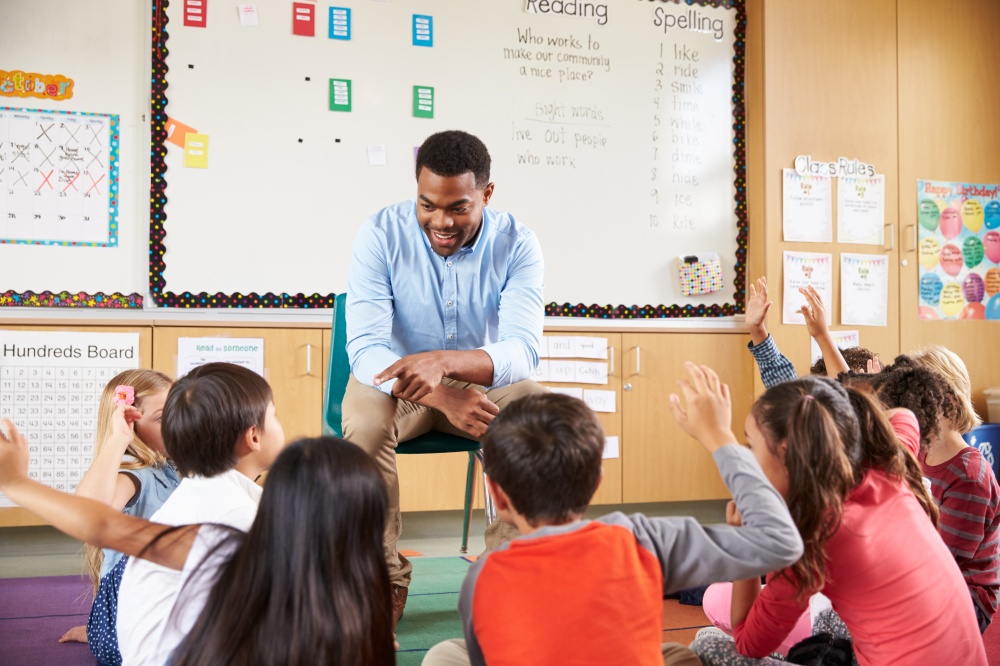
The Covid lockdown has been difficult for school leaders, teachers, pupils and parents/carers alike. There have been particular demands, both organisational and personal for headteachers - one newly-appointed head confided ‘It’s so scary, thinking that if I make the wrong decision I could kill someone’. But other groups have suffered too – teachers balancing their own professional responsibilities with childcare and shielding relatives, parents coping with these, the new demands of home schooling, reassuring and supporting their children.
For children of all ages the lockdown has been particularly challenging. Colleagues have described a sense of loss – not only in terms of family bereavement, perhaps of favourite grandparents, but also in terms of routines, contact with friends and even confidence in school subjects and learning. This had been particularly acute for, but not exclusive to, children in vulnerable groups, with lack of access to space, domestic violence, local gang influences and – for children in care – increasing placement breakdowns from the tensions of having to isolate with strangers and the lack of contact with birth families. It is small wonder that academics such as Professor Barry Carpenter (Carpenter and Carpenter, 2020) have described children’s experience of lockdown as a form of trauma, and suggest that we should treat it as such.
However, every challenge brings an opportunity. There is some evidence that the new virtual relationship between schools and families has had positive effects, especially for more vulnerable families who may be reluctant to engage with schools face to face, but are more comfortable using texting and social media. Even more so has been the realisation that we are all in this together, and that, actually, any family, child or member of staff can be vulnerable.
In this context Barry Carpenter and colleagues have been developing the concept of the ‘Recovery Curriculum’, and it is gratifying to see that this has been actively promoted by the Department for Education as part of its guidance for full opening of schools, published on 2 July (DfE 2020). His approach emphasises five ‘levers’:
- Establishing and maintaining relationships
- Respecting and building on links with the local community
- A ‘transparent curriculum’, which encourages students to address gaps in their learning
- Metacognition – concentrating on developing skills for learning
- Allowing space, both physical and mental, for self- discovery
As Carpenter points out:
‘Many children will return to school disengaged. School may seem irrelevant after a long period of isolation, living with a background of silent fear, always wondering if the day will come when the silence speaks and your life is changed forever. Our quest, our mission as educators, should be to journey with that child through a process of re-engagement, which leads them back to their rightful status as a fully engaged, authentic learner.’
(Carpenter and Carpenter, 2020)
The Attachment Research Community is a group of teachers, trainers and academics which has been working together for a number of years to raise awareness of the need for schools to be aware of the emotional and attachment needs of their whole community. We currently have over 500 individual school members. Our approach originated from work with children in care, or with other vulnerabilities, but we soon realised that everyone benefits from an emotionally literate approach. This is even more the case today, where schools are preparing for full reopening in September. We believe that the Recovery Curriculum offers a strong way ahead for schools, which complements and enhances an attachment aware approach, and are delighted that Professor Carpenter will be one the keynote speakers in our virtual annual conference in November.
Moreover, an attachment aware approach gives a clear long-term framework and underpinning to the ‘five levers’, especially in terms of relationships, community links and self-discovery. An article by Dr Janet Rose and colleagues (Rose et al 2019) demonstrates significant statistical improvements in reading, writing, maths and behaviour in attachment aware schools within their study. Children’s overall happiness, measured via the Strengths and Difficulties Questionnaire scores, increased by over 11 per cent. Adult practitioners reported strong impacts on their overall professional practice, self-regulation and control, and on their confidence in addressing emotional wellbeing.
By bringing together the recovery curriculum and the attachment aware schools approach everyone can benefit. As one headteacher put it: ‘If ever we needed an attachment aware school which demonstrates trauma-informed practice it's when we re-open....bumpy times ahead!’
Note on the authors
Richard Parker is a Visiting Research Fellow at Bath Spa University, and a Trustee of the Attachment Research Community (ARC)
Andrew Wright is the Virtual Headteacher at the Dudley Metropolitan Borough Council and Chair of the Attachment Research Community (ARC) trustees